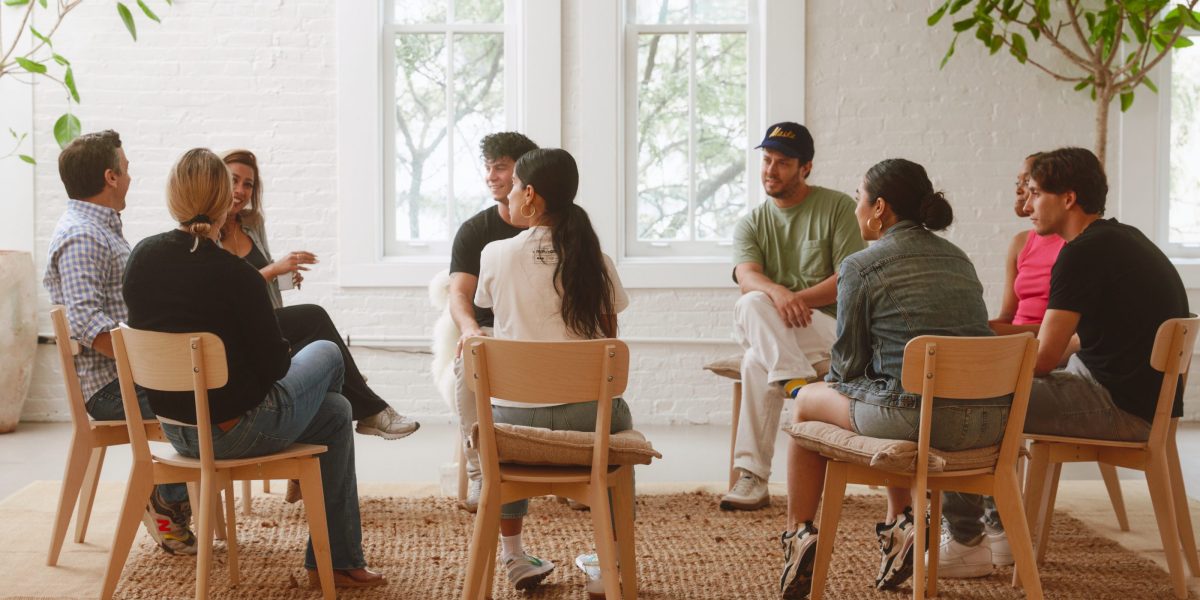The majority of workers don’t have close relationships at work. Yet, feeling connected makes people more likely to enjoy their work and stay with their employer. Moreover, the strength of our relationships is the most critical factor determining our happiness, according to Harvard researchers’ longest study on happiness to date.
Eager to find solutions to workplace burnout, loneliness, and high turnover, SoulCycle founders Elizabeth Cutler and Julie Rice are joining other entrepreneurs who are shifting or expanding their platforms to create opportunities for connection at work beyond the watercooler Slack channel.
“It sounds very simple, but we don’t know our colleagues anymore,” Rice tells Fortune, who is now in the business of relational health. “We underestimate just how important human skills are to give people. And ironically, these are the things that are the most important in our lives that we certainly weren’t taught in school.”
Last year, Cutler and Rice launched Peoplehood, which is described as a “workout for your relationships,” as they found people swore by their workout for more than a good sweat—they loved connecting with others. The NYC-based platform offers hour-long sessions for individuals and couples led by facilitators who help people share stories, meet new people, build trust and empathy, and learn how to communicate better. Today, Peoplehood announced their new offering for the workplace, Peoplehood @Work, whose mission is rooted in engaging HR and team leads to invest in improving culture, safety, and camaraderie.
People, on average, spend around 90,000 hours of their lives at work, according to an analysis by workplace expert and author Jessica Pryce-Jones. And, the majority of workers say their boss plays a more significant role in their mental health than a doctor or therapist.
Companies can send their teams or managers to Peoplehood, either in person or virtually, to kick off a bonding retreat or participate in ongoing monthly sessions, for example. You can also bring two teams who don’t regularly work together—such as the engineers from floor two and the writers from floor three.
Facilitators help teams get to know each other with a range of accessible, ice breaker activities before splitting the groups up and holding sessions on how to better communicate at work and lead with empathy, Rice says.
Courtesy of Peoplehood
“We don’t ask people high-stakes questions right off the bat. We create an environment where you can go as deep or as not, as you want to,” Rice says. “We think of these things as soft skills, but actually knowing other human beings is the foundation of how we collaborate and ultimately how we’re able to be productive.”
Peoplehood @Work hosted a range of companies in beta testing, including Northwell Health, theSkimm’, Ever/Body, and Bobbie.
Still, workplace experts say that well-being interventions are effective so long as the daily culture is healthy and psychologically safe, which is impacted by more than the watercooler—it’s about how many hours people work, pay equity, and respect between leaders and employees.


